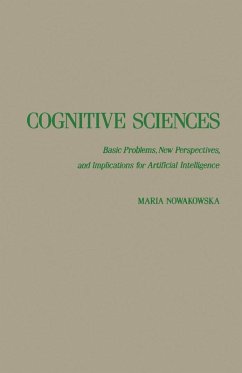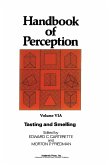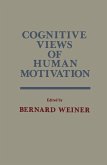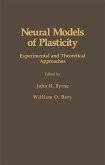Comprised of six chapters, this volume begins with an introduction to the distortion of time perception and the relationship between objective and subjective time. An explanatory concept used here is that of a pre-event (being a candidate for an event to be stored in memory) and the concept of a dynamic event-representation of an object (events on events) generated by the perceiver in the process of perceptual work. The discussion then turns to the notion of an event that underlies the theory of time; the semantics of multimedial languages of verbal and non-verbal communication; and problems of the mechanisms underlying the formation of judgments, as well as the problems of expression of these judgments in forms ranging from simple answers to binary questions and the generation of texts or discourses. The book also considers memory and perception before concluding with a description of stochastic models of expertise formation, opinion change, and learning.
This monograph will appeal to specialists in the fields of cognitive sciences and AI.
Dieser Download kann aus rechtlichen Gründen nur mit Rechnungsadresse in A, B, BG, CY, CZ, D, DK, EW, E, FIN, F, GR, HR, H, IRL, I, LT, L, LR, M, NL, PL, P, R, S, SLO, SK ausgeliefert werden.









